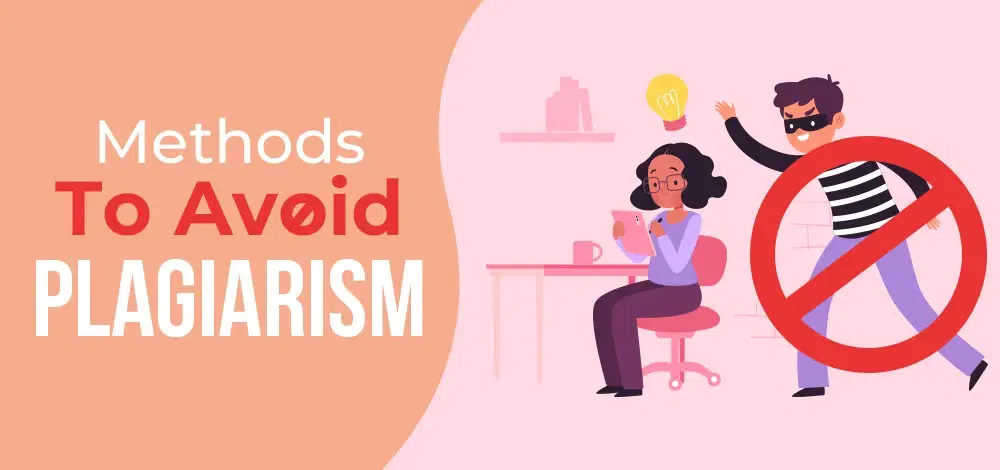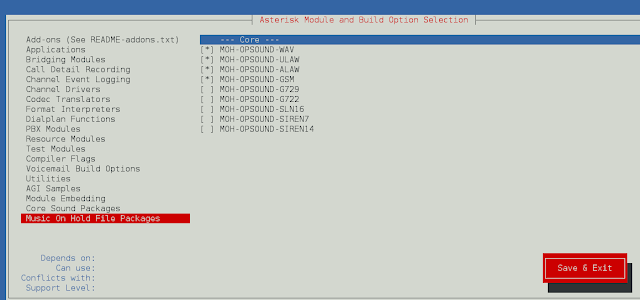Many times it happens that we tend to use the information or the words written by someone else in our own writings without thinking too much. Stealing or copying someone’s work and ideas may not come across as a harmful activity but it definitely is unethical. One can face serious consequences if they do not credit the source of words or data they have used in their writings. One can even end up paying financial compensation because this act of stealing and using someone else’s work and presenting it as your own is a kind of offense and is termed plagiarism.

What Does Plagiarism Really Mean?
Plagiarism simply means that you are consciously using someone else’s work and presenting it as your own. Even if you do not intend to steal someone’s work and just want to take help from their work but you forget to give credit to the original source, it still counts as plagiarism.
Plagiarism is unethical and is a kind of fraud and a type of theft. Plagiarism is an act of dishonesty and it puts questions on your integrity. It violates the basic intellectual property law following which the person can be accused of copyright infringement and plagiarism and the person may end up paying a hefty amount of money as financial compensation for using someone else work. People can even face the declaration of their degrees as invalid and their reputation can very easily go into vain.
Types of Plagiarism
There are various types of plagiarism that can happen intentionally or unintentionally.
- Direct Plagiarism – Direct plagiarism happens when you word-for-word use someone else’s work and claim it as your own without using quotation marks and citing the sources.
- Self-Plagiarism – When you copy or reuse your own previously published or submitted work or part of the writing for a new project, it is termed self-plagiarism because the original content already somewhere exists.
- Mosaic Plagiarism – Mosaic plagiarism takes place when you use someone else’s writing by replacing a few words using their synonyms while maintaining the same general language and meaning of the writing. This kind of plagiarism also includes instances when you use phrases from someone else’s work without using quotation marks.
- Accidental Plagiarism – Accidental Plagiarism, as the name suggests occurs by accident. When you give credit to the wrong sources or avoid citing the sources or unintentionally use similar words or sentences to existing writing or end up paraphrasing incorrectly by using similar words
Methods To Avoid Plagiarism
Using the below-mentioned tools and methods can always become a helping hand for you in avoiding plagiarism!
1. Mention the Source/ Cite Properly
It is very important that you mention the name of the source of the wordings or ideas that you are using in your writing. Proper citing is crucial so as to avoid plagiarism as you are using the original words or ideas of someone else. You must mention the complete name and date of publishing of the writing from which you are taking the reference because the readers would want to know where the original information came from.
2. Do proper Research Before Writing
It is vital to do proper research before writing or sourcing any information. Give time to the research part and understand things thoroughly before you start writing on it. It is important that the content you write makes sense and is true to knowledge. Proper research can help you write better and more reliable content in your own words that would also be easy to understand and comprehend.
3. Use Quotation Marks
When you use a sentence or words that have been said by someone else, make sure to add quotation marks around those words and sentences. The quotation marks indicate that you are just using the words said or written by someone else for reference without claiming that they were said or written by you. This way, you can easily avoid plagiarism as it becomes very evident from the quotation marks that the words aren’t yours, and neither are you claiming them to be.
4. Write your own ideas
While it is easy to read someone else’s writings and ideas and write something along the same lines, you can also take an effort to put your own ideas and wording in your writing without using the same content as the original author. Develop interest in your writing and think from your creative mind to write on the topic something that’s unique in your original words instead of simply copy-pasting or paraphrasing.
5. Proofread
Proofreading is a great way to rest assured that your content is perfectly drafted. It is obvious that you cross-check and proofread your content thoroughly before submitting it. Proofreading helps in finding any grammatical errors, and formatting errors as well as can help you identify, if, by any chance, you forgot to quote or cite the sources. This way you can easily correct these mistakes and avoid plagiarism.
6. Use Tools to Check Plagiarism
As we know, there are times when we end up writing plagiarised content even unintentionally. To ensure that your content is paraphrased and cited properly without falling into the category of plagiarism, you can use the multiple tools available online to check for plagiarism. There are so many free as well as paid plagiarism checkers available online from where you can check if the content you wrote is anyhow falling into the plagiarised work category or not. These tools fetch the data and tell you what sentence or paragraph is problematic and you can easily cite, change or remove that particular content from your writing.
7. Quote Your Own Work to Avoid Self-Plagiarism
You might think that as it is your own work so you can easily re-use it when and where you want and there won’t be any plagiarism issues as it is written by you but that’s not the case. Even if you do use a phrase or part from your own work, it is important for you to quote and reference your previous work because your previous work already exists somewhere and plagiarism checkers can easily detect plagiarism irrespective of the fact that the content is written by you or not.
8. Paraphrase
Paraphrasing is one vital technique that is most commonly used to avoid plagiarism. Paraphrasing refers to when you rephrase or reconstruct a statement or a paragraph in your own different and easy words rather than copying the exact words of the original author while ensuring that the context and meaning of the writing remain the same.
Paraphrasing is easy but your work can also fall into plagiarism if not paraphrased correctly. Since it involves rewriting someone else’s words by changing the original words of the original content while keeping the same context, it is important to make sure that you don’t use too many same words from the original content.
9. Do Not Use Unreliable Sources
When you write something, it should be reliable and true. When you are taking references, you must ensure that the sources you are taking information from are reliable enough and have the correct information written. Most people do their research and take information from the internet and we all know that not everything that’s available on the internet is true or fact. So if you end up writing something that is not a piece of true information but is the original idea of someone, you might end up committing plagiarism if you presented it as facts.
10. Do Not Use Wikipedia
If you do not already know then Wikipedia is not the source but is a compilation of detailed information from various sources. It can be edited by anyone and is not hundred percent reliable. If you use Wikipedia as a reference, there are multiple chances of plagiarism.
Conclusion
People often take the shorter route and end up copying others’ words and ideas to complete their tasks. As harmless as it sounds, it is not at all ethical and one should always avoid plagiarizing and write their own original content. Even if you are using someone else words or ideas, it is vital to properly cite the sources and insert quotes to avoid plagiarism and give credit to the original author. Proper paraphrasing or using plagiarism checkers, doing proper research, and putting your own ideas are some of the key factors to prevent you from committing plagiarism.




